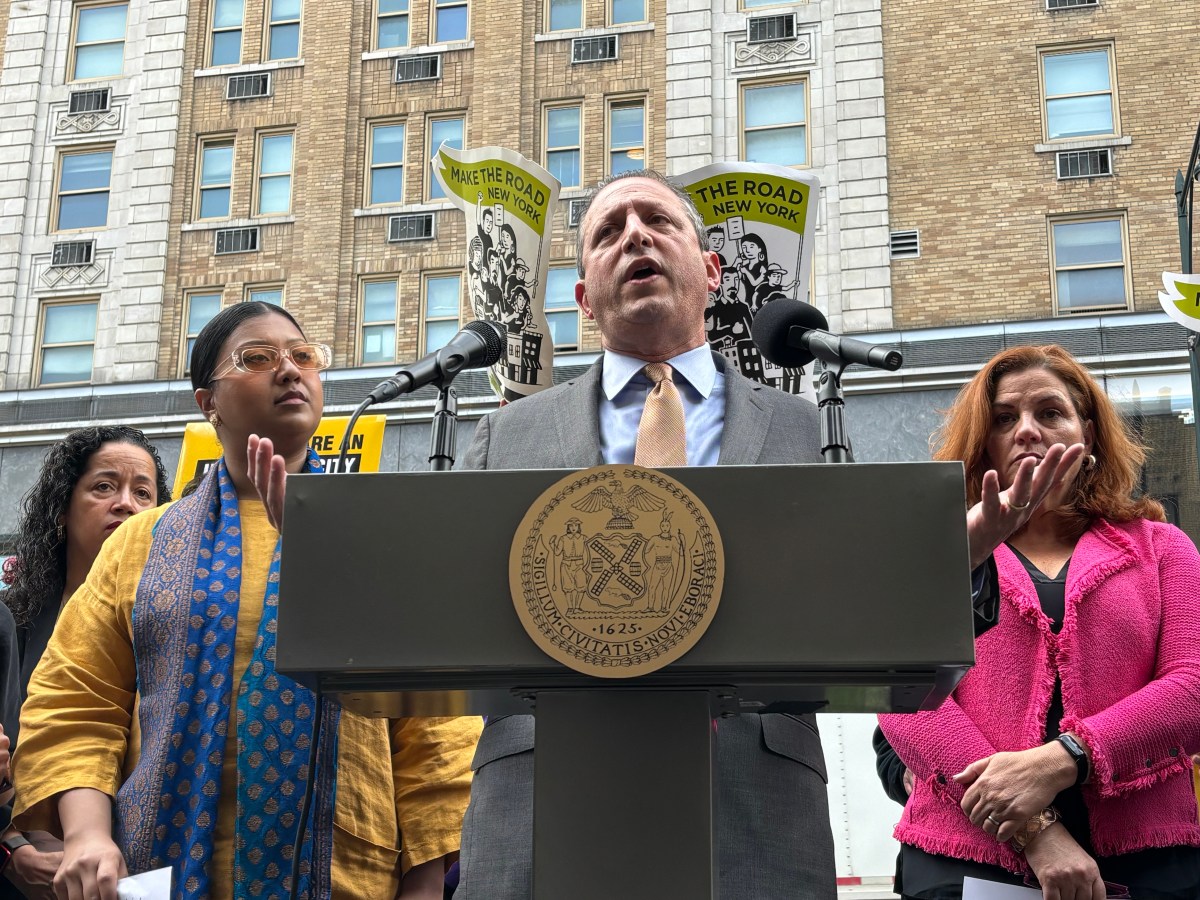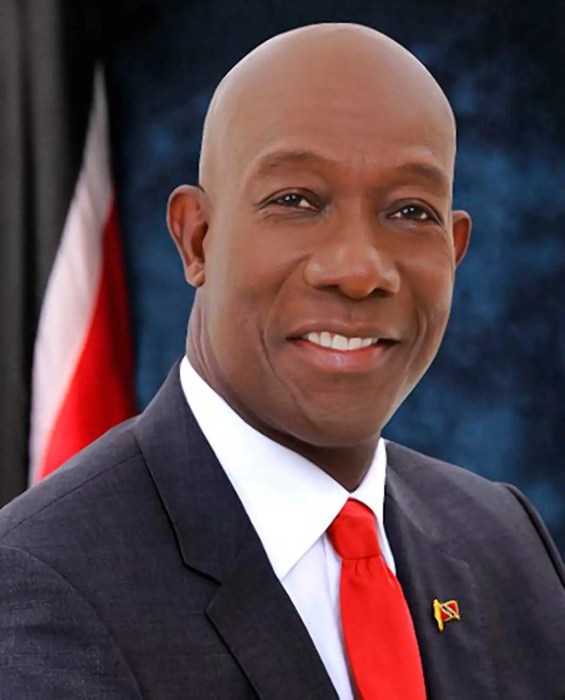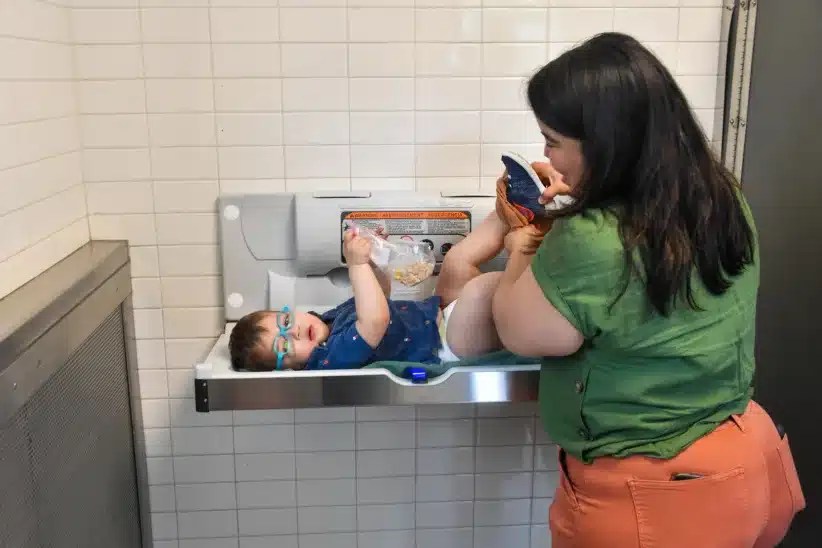“Talking with your kids about sex matters. But what also matters is what you say, how you say it, and that you’re addressing teens’ real concerns with advice that’s relevant to their lives,” says Madison.
The author offers parents a unique advantage to tackling this often uncomfortable subject. From the perspective of both a young person and an expert, she provides the inside scoop on what teens are really thinking, and how to approach them so that they’ll actually listen. Forget psychobabble scripts like “let’s initiate a dialogue about sexual intercourse,” Amber has real-life advice for the modern-day parent. In an interview, Amber can discuss such topics as:
• Teens’ real sexual concerns and misconceptions (‘condoms are too awkward,’ ‘if he doesn’t hit me it’s not abuse,’ ‘if someone had an STD it would be obvious’).
• What you can do when your kids are young to ensure healthy choices later in their lives.
• What to do about Facebook, cell phones, and other technological sex hazards.
• The things girls need to hear, and important messages they aren’t getting from anyone.
• What even the most prudish parents can do to ensure their children make healthy sexual choices.
The following is a Q&A with the author:
Q: You wrote this book when you were 25 and you have no kids; why should parents listen to you?
A: This is a book for parents, but it’s not a book about what it’s like to be a parent. This is a book about what it’s like to be a teen growing up in today’s sexual climate. After all, in order to help your kids make the best sexual decisions, not only do you have to talk with them about sex, you have to do it in a way that addresses their real concerns with advice that’s relevant to their lives. “Talking Sex with Your Kids” helps parents understand their teens better, so that they can have more productive conversations.
Q: What are teens’ real concerns?
A: I’ve been touring the country for the past four years, speaking on college campuses and talking with teens about sex. I’ve found that most of their unanswered questions are about emotional aspects of sex that even comprehensive sex education programs don’t cover, and even the most open parent may not know to address. Teens worry about being able to get over the awkwardness of condom use, knowing how to ask to use one without insulting their partner, or being able to recognize when they’re being used or treated unfairly in a relationship. Girls wonder about things like: Is sex a sure way to get a guy to like me? And guys wonder about things like: If I’m not always trying to get some, does it make me look bad?
Q: What do parents need to understand about today’s sexual climate?
A: Parents should know that first of all, there is a lot of misinformation floating around, and second of all, the recent focus on abstinence has many teens misinterpreting their risks. They do “everything but” to remain “virgins,” and meanwhile they put themselves at risk for STDs (that can be spread by something as seemingly innocent as naked cuddling), and they think that any sex act other than intercourse isn’t a big deal emotionally. Teens have heard STD horror stories, seen all these scary pictures, and think of STDs as this obvious and gross thing. They think well dressed, put together people don’t have them, and that they can pull down their partner’s pants and if there aren’t barnacles growing on their privates, their partner is clean. When in reality, the majority of people with STDs don’t show any signs or symptoms, and anyone can have them. Add to all these misconceptions the highly sexualized media, double standards and stereotypes that are still very prevalent and you have teens who are very at risk and very confused.
Q: What is the best way for parents to talk with their kids about sex?
A: The best way to talk to your kids about sex is in a relaxed setting, using words that feel natural. You may want to bring it up while in the car, going for a walk, or doing any other activity you both enjoy. Don’t switch into psychobabble mode, and start saying things like, “I’ve noticed you’re developing, let’s initiate a dialogue about sexual intercourse.” Throughout “Talking Sex with Your Kids” there are many suggestions of more natural ways to start conversations. And yes, I said conversations — you shouldn’t be having one big sex talk, but lots of different talks starting when your kids are young and continuing into their young adult years.
Q: Should parents mostly focus their sex talk on their daughters?
A: A huge problem with many parents’ interpretation of “teen sex talk” is that they think that means: “talk to your daughters.” But young men need sexual health information as much as young women, and very often those needs are ignored. After one of my lectures, a guy came up to me and said, “You don’t understand, no one talks to us about this stuff.” As well as being educated about basic sexual health information, guys need to be talked to about how to deal with the pressure to be sexual experienced, understanding that real men aren’t the emotionally vacant sex seeking buffoons they show on TV, and the best way to approach sex and relationships.
Q: Should mothers talk to daughters and fathers talk to sons?
A: If you’re a family with two different sexed parents who are both willing to talk with your kids about sex, then I think it’s most comfortable for mothers to handle the nitty gritty more genital focused issues with their daughters, and fathers to handle those issues with their sons. But when it comes to talking about relationships, when sex is a good idea, and how to get over a breakup, those are places where the opposite sex might be more influential. For example, a father telling his daughter, “Having sex with a guy won’t make him fall in love with you,” is a message that’s probably stronger coming from dad as opposed to mom.
Q: What should parents do about the threat of sex texting, dirty Facebook pics and other technological sex hazards?
A: There will always be some new technological device your kids can use to sexually exploit themselves. Your job as parents is to keep your kids from thinking that’s a good idea in the first place. If you raise your kids to think critically about their sexuality and sexual decisions, they probably aren’t going to think it’s a good idea to post nude photos on Facebook. You can also help them by explaining just how far reaching and permanent the Internet is. Anything they post now could come back to haunt them while applying for college, landing their dream job, or being considered for a scholarship or award.
Q: What if you are really embarrassed or uncomfortable talking about sex?
A: Get over it. This is your kids’ physical and emotional health we’re talking about. How can your embarrassment be more important than that? Sex isn’t a topic that’s inherently embarrassing, it’s only embarrassing because we’ve learned it should be. If you have to spend two weeks saying sexual words in front of a mirror until it feels more natural, then do it. Penis, vagina, oral sex…they are just words. And yes, words you can even say in front of your kids.
Q: What about parents who can’t or won’t talk about sex; any tips for them?
A: Even if you are the type of parent who will never be able to talk about sex with your kids, you can still do a lot to help them make good sexual choices. Talk with them about healthy relationships, what it means to respect themselves, and what it means to respect someone else. Raise your kids to feel good about their bodies, have high self-esteem, and teach them to stand up for themselves. Give them unconditional love, support their hobbies, and encourage them when they fail. While that may be generic “be a good parent” advice, it will also help your kids make good decisions about everything from sex to drugs to school.
For more, visit www.ambermadisononline.com.

















